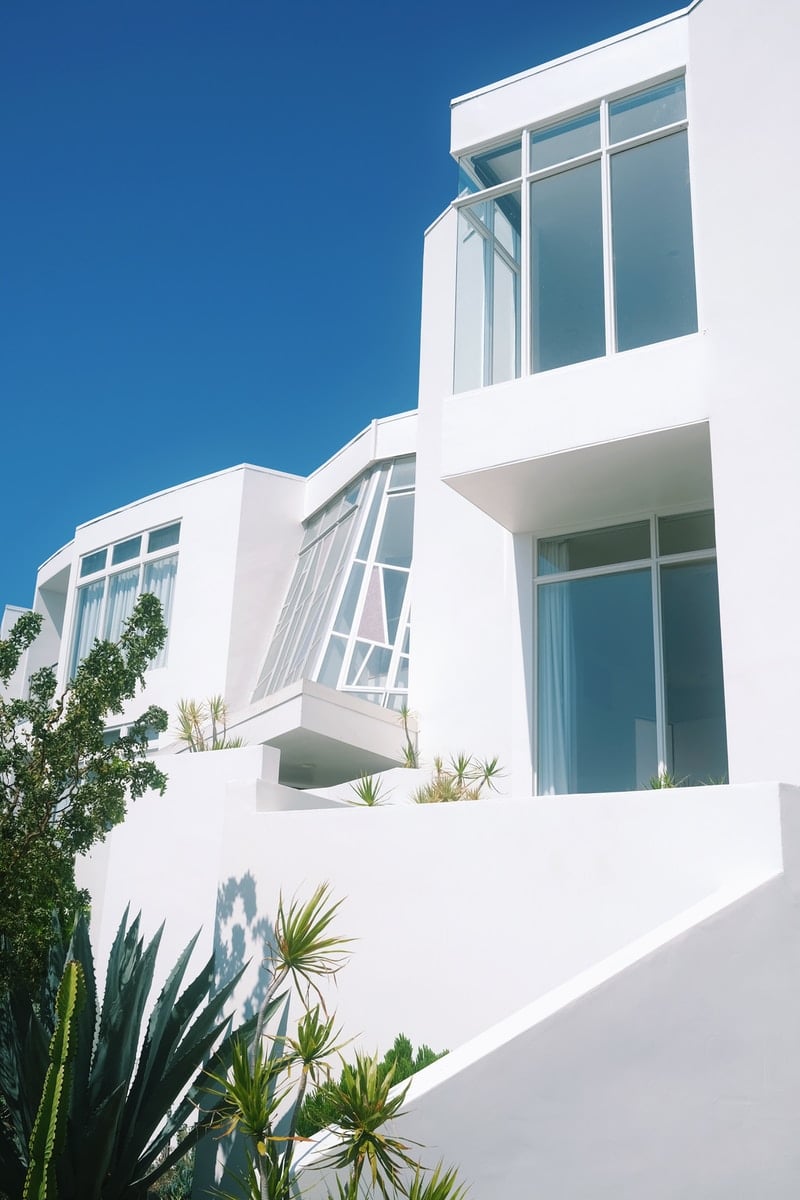Vacation! A time to relax, unwind and have a little fun. But how much vacation do you actually get? The average American only takes about 15 days a year. That’s not enough time to really enjoy all of the benefits that come from traveling. One way to maximize your investment in those limited vacation days is by having a place ready and waiting for you when it’s time to take off.
There are two options: purchasing a timeshare or investing in a vacation property. Both have unique benefits that the other can’t offer, but believe it or not, an investment in real estate is the better long-term investment because of its potential for capital gains.
Both of these options provide distinct advantages that the other can’t, but don’t believe it or not; a vacation house is a better long-term investment. Keep reading to learn more about the advantages and drawbacks of both timeshares and holiday homes, as well as why the latter is the superior option.
The Pros of Owning Vacation Property
You don’t own your vacation home throughout the year, but you do have legal rights to it. As a result, you can rent it out at any time. This means an extra source of income for you and your family. In fact, by renting out your holiday house, you may even recoup your investment over time, turning it into pure capital gains. Of course, you will have to pay taxes on the rental income and any investment returns, but it may be a nice option if your timeshare is underperforming in value or not generating enough revenue.
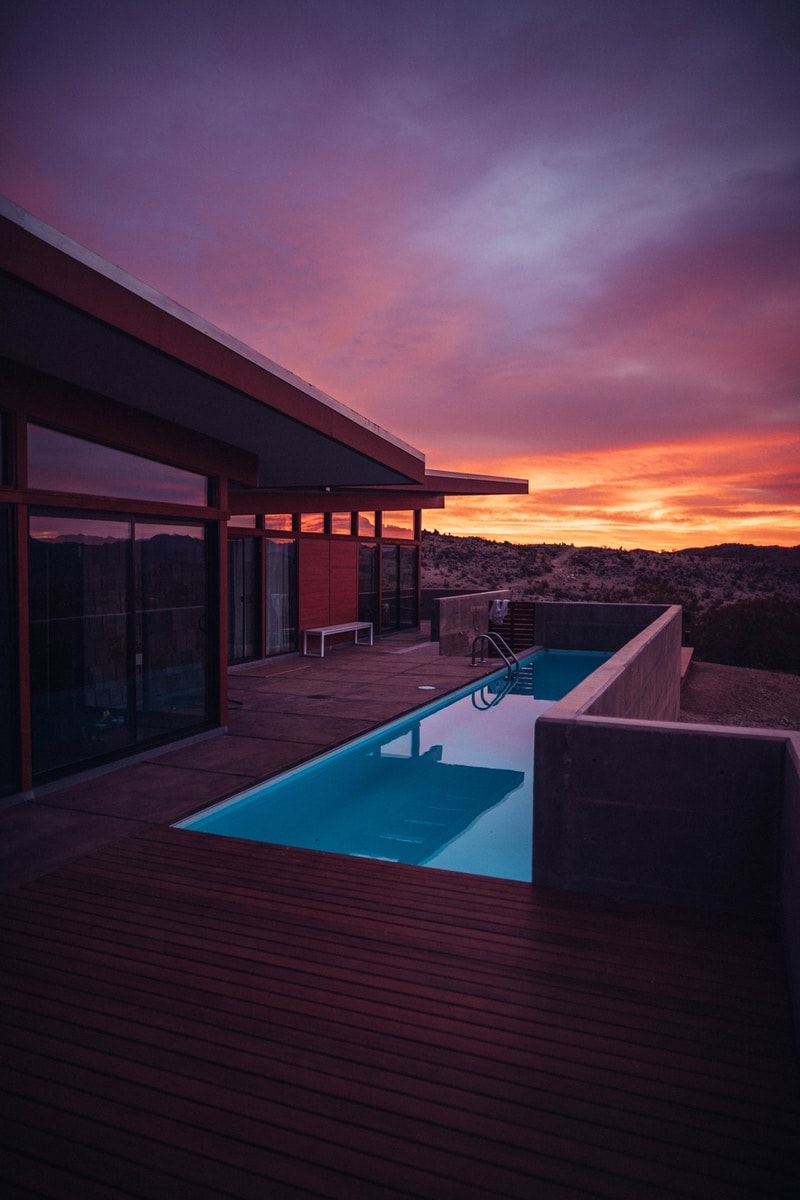
Yes, you’ll still have to make updates and repairs, but with expenses taken into account, you may anticipate making several thousand dollars each year on a high-quality vacation rental. The majority of real estate appreciation is true in this situation. Even if you haven’t yet paid off the mortgage, you can buy a holiday house then enjoy it for a few weeks each year, making it a smart investment.
If you keep your home and pass it to your kids or grandchildren, the value will be even more when they sell it if they choose to do so.

The Cons of Owning Vacation Property
One of the most significant drawbacks of having a vacation property is that, like any other home you own, it will require regular maintenance. Everything from mowing the lawn to air conditioning maintenance to roof repairs will be your duty. When deciding where to buy a vacation house, keep in mind that it will have a long list of routine tasks and expenses.
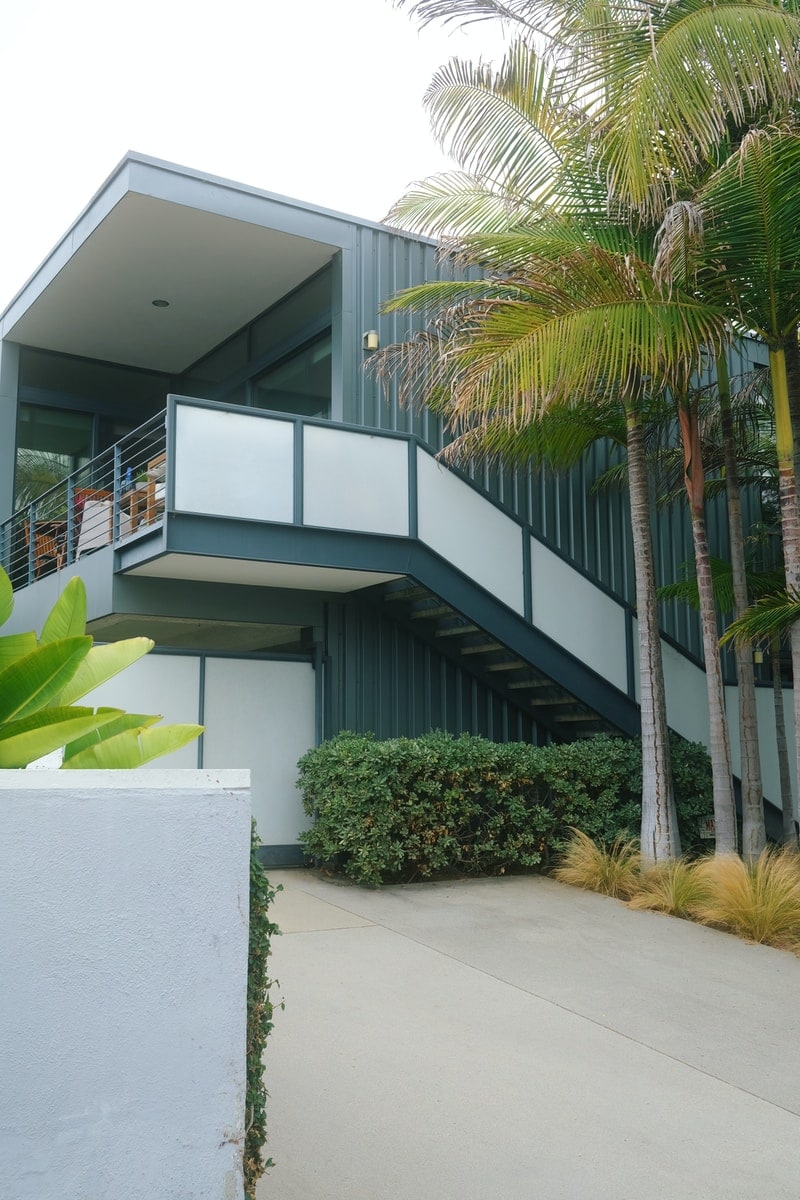
Owning a vacation property isn’t cheap. That’s true of any type, but with ownership, there are some unique costs that come along – like the down payment on the purchase! You’ll need to provide cash upfront for this one – which can be tricky if you’re already stretching yourself thin financially during your busy season because it means cutting back at work or other bills just so everything works out well enough in regards-and again, you don’t want them thinking about how much money YOU spent instead what theirs will cost when they start paying their own monthly mortgages every month!
You’ll also have to pay property taxes on the home every year. If you intend to rent it out when you aren’t using it, you’ll have both property taxes and income taxes.
The Pros and Cons of Purchasing a Timeshare
Timeshares can be a great investment for your next vacation. You get to enjoy luxury rooms and resort amenities with other people who own the same timeshare, all under an agreement that each group gets their own property for however long they’re there in exchange for sharing common areas like pools or spas; among other things! The best part is you don’t need any expertise when it comes timeshare, so everything will go smoothly without much hassle on behalf of anyone involved – simply plan out what days/times work better than others based on availability, then head over before check-in day begins at which point make sure everyone has signed paperwork agreeing not only coverage of damages/repairs but also to certain terms and conditions of use, too!
The Cons of Purchasing a Timeshare
One of the biggest problems with timeshare is that you don’t actually own it. You’re basically paying for access – which means if at some point your group decides not to do something anymore (like take vacations together), you’re out of luck. You won’t be able to go anywhere else because you don’t actually own the timeshare itself – only a percentage of it!
The other major problem is that you have to pay for maintenance fees on your investment every year. On top of this, there are taxes and extra fees associated with timeshares.
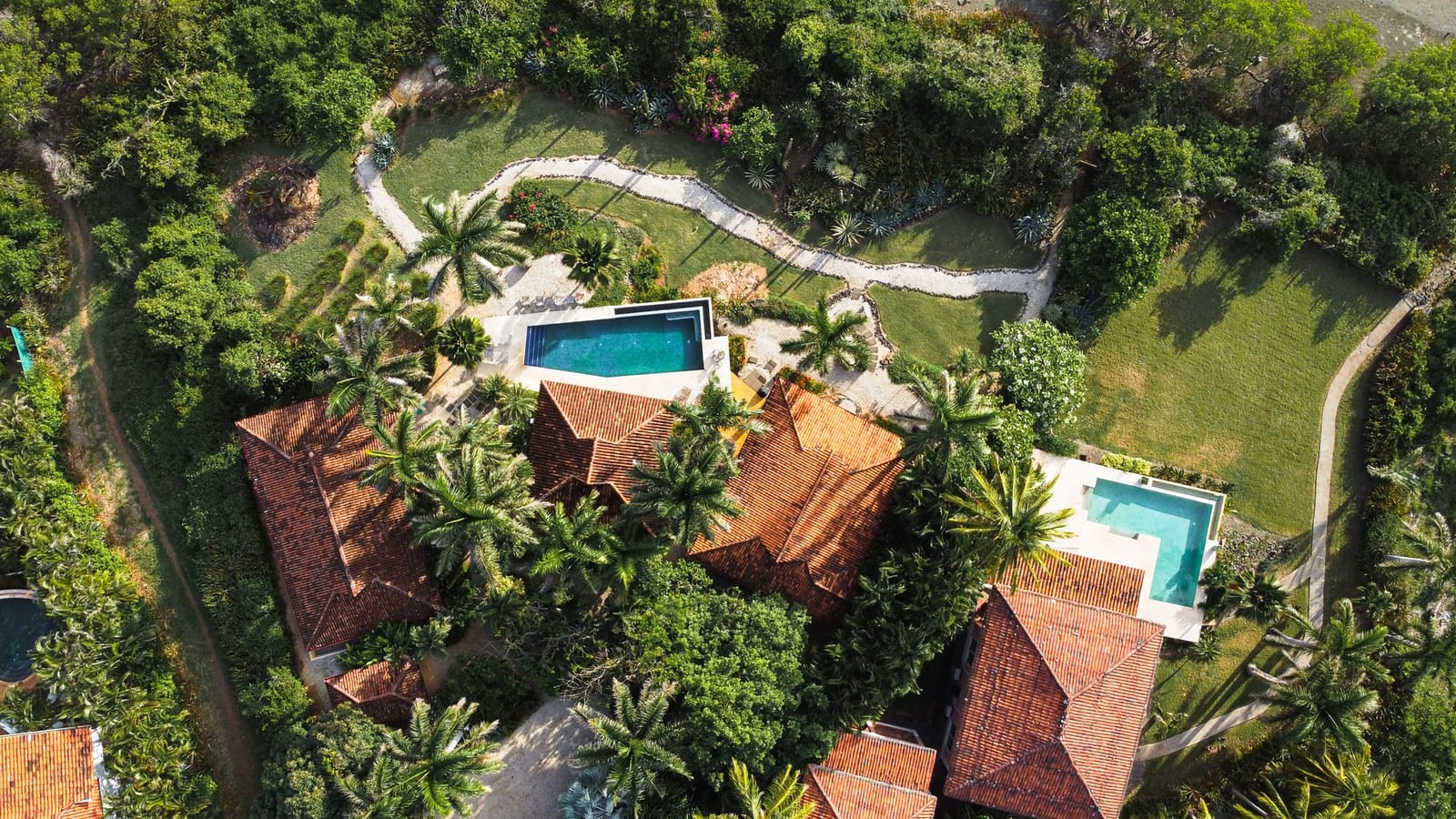
Every investment has its ups and downs, but it’s important to make sure you are getting the most out of your vacation time. A timeshare is likely one of the more expensive investments you can make on a vacation property that isn’t worth as much in return – even if it costs less upfront. If your budget allows for it, it’s better to invest in a vacation property that you can enjoy for years.
However, there are some drawbacks to timeshares that you should consider before committing. The first is that you are not the sole owner, which means you are unable to utilize it as often as you would like. You’ll also be charged maintenance fees when you buy it, even though it isn’t yours. You’ll still be responsible for these expenses, even if you don’t use the timeshare. Finally, remember that when the contract ends, so does your access to the property – meaning you might have to search for a new one.
Investment in a vacation property can be costly, but it offers plenty of benefits like tax write-offs and increased rental income potential. Unlike timeshares, investment property owners can use it when they want without having to share common areas with other people.
It’s also important to consider the impact of taxes, fees, and maintenance costs on your investment – especially if you plan on renting out your timeshare or vacation home often. This will help ensure that you are maximizing your investment potential while keeping up with the costs of owning the investment.
Finally, selling your timeshare is a difficult task. If you decide you no longer want it, the market is flooded with vacationers trying to sell their properties — over a million at any one moment!
How to Cancel a Timeshare Contract
Timeshare buyers should be aware of the nature of timeshare sales, as they may find themselves stuck in an unwanted agreement. When withdrawing from these types of agreements quickly after purchase is essential for both consumers and vendors alike-otherwise you could end up with nothing!
If you’ve signed a timeshare contract and are now reconsidering it, you have the right to cancel it.
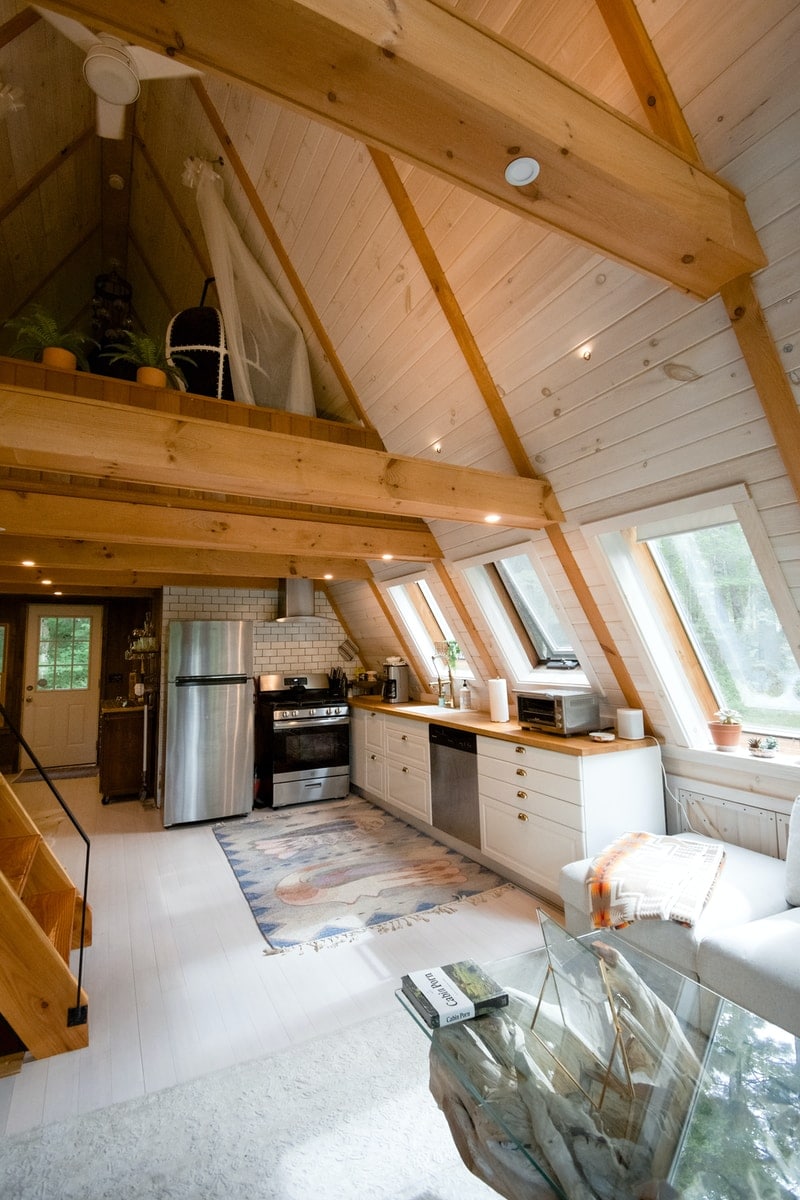
The duration of time you have to quit your timeshare agreement should be stated in the contract. If it doesn’t, or if you think there’s been some kind of wrongdoing and/or error with regard to this particular deal-check out what state law says on these types of agreements; before contacting your state consumer protection office, you can cancel timeshare easily with seaside. They can help address any issues that may arise from not knowing how long one has after signing up.
The bottom line
Just like any big purchase, it’s important to understand the upfront cost and yearly maintenance fees before signing on for a timeshare. If you are planning trips every year, then this will likely be worth your money, but if only going once in a while or not at all might as well spend less by renting an apartment instead!
Let’s pretend that you have a one-year maintenance payment of $600 per year and plan to stay at the timeshare for 30 years. That’s $18,000 in total fees over 30 years. The initial purchase price of the timeshare is $19,000, so you’re looking at a total cost of $37,000.
Now, let’s say you had invested $37,000 in the vacation investment property instead. You would have to pay yearly maintenance fees of about $300 per year after buying it for 30 years (assuming no renovation costs). That brings your total investment cost to just under $90,000 – but that includes everything!
If we compare the investment property to a timeshare, it’s obvious that the investment is going to be worth much more in the long run.
Finally, you are the one who can determine whether timeshares are appropriate for you. While you’re thinking about it, keep in mind that timeshares are only vacations resorts and not a source of investment returns. So don’t expect a profit from your purchase.




